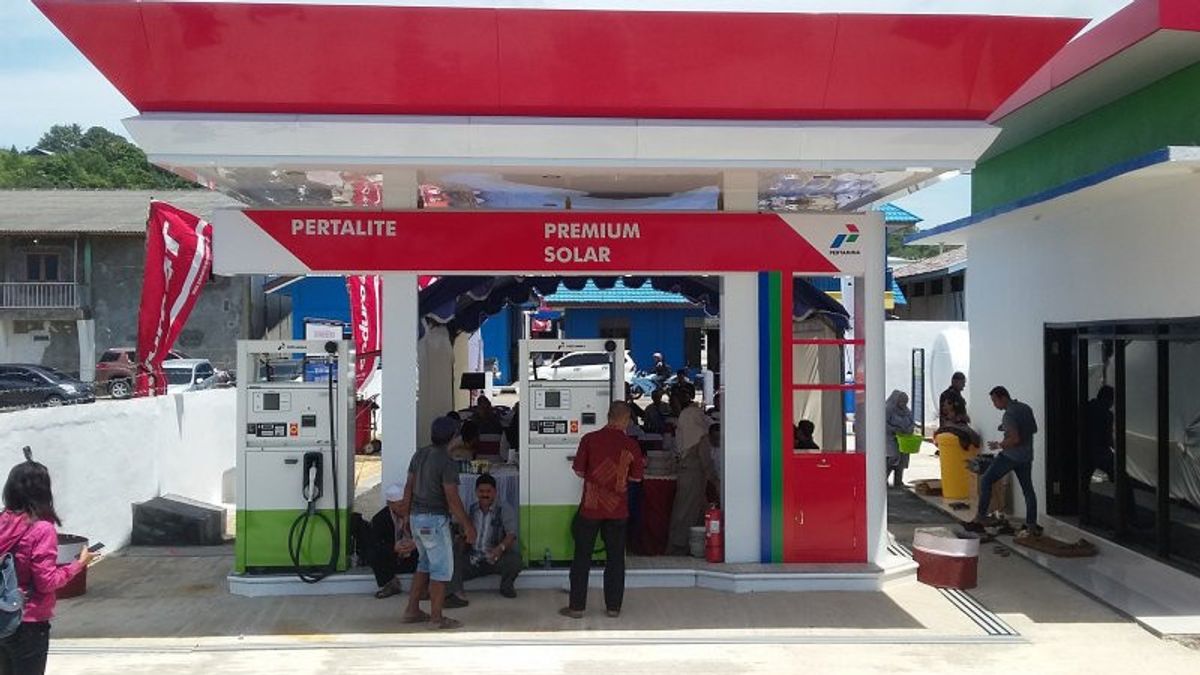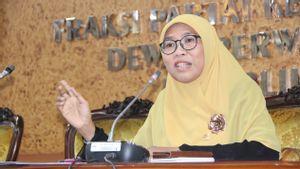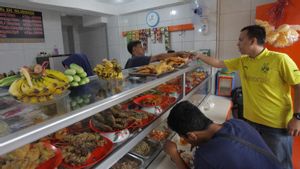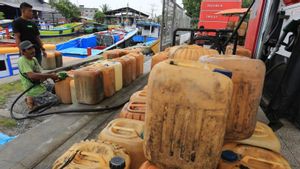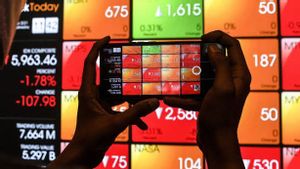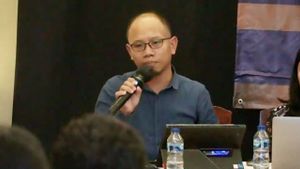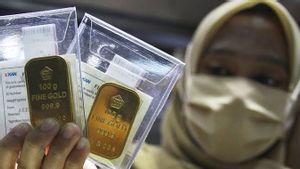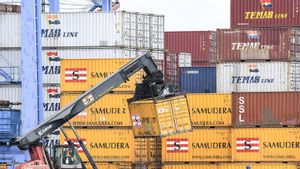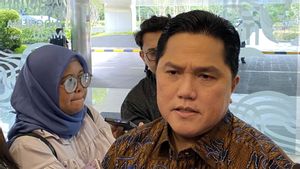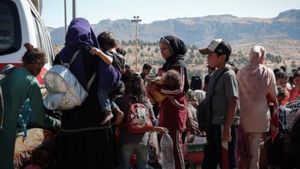JAKARTA - The Executive Director of the Center for Energy Policy, M Kholid Syeirazi, assessed that raising the price of fuel oil (BBM) in the midst of world oil prices being at 100 US dollars per barrel is a policy that is difficult for the government to avoid.
"This policy of raising the price of subsidized fuel is a 'bitter pill' that we must swallow for the fiscal health of the country," said Kholid as quoted by Antara, Wednesday, September 7.
In the National Economic Strategic Study entitled "Budget Allocation and Fuel Commodities for People's Needs, Critical and Objective Analysis of Price Increases" held by the Executive Board of the Indonesian Islamic Student Movement (PB PMII), Kholid stated that the public, especially students, are still trapped in populist opinions in responding to price increases. fuel.
So, he continued, they tend to ignore the objective facts of the state's financial condition, the rupiah exchange rate, and the global energy crisis.
According to him, the conflict between Russia and Ukraine has hampered the production and supply of crude oil from the two countries, resulting in an increase in world oil prices.
The world oil price had reached 140 US dollars per barrel, while the assumption of the ICP (Indonesian Crude Price) which became the benchmark for the State Budget was 105 US dollars per barrel, so that the economic price of domestic fuel also increased.
Assuming the ICP is at 105 US dollars per barrel, said Kholid, the economic price of Pertalite type fuel reaches Rp. 14,000 per liter. If the price of Pertalite is not increased and remains at IDR 7,650 per liter, then there is an amount of IDR 6,350 per liter that must be subsidized by the government.
Multiplying the 2022 Pertalite quota of 23 million kiloliters, the amount that must be subsidized reaches hundreds of trillions of rupiah, he added, that's just Pertalite, not to mention the diesel fuel which must also be subsidized by the government.
"If the brakes are not applied, the subsidy budget that must be issued by the government could reach almost IDR 700 trillion. That amount of money has almost exceeded infrastructure spending," said the General Secretary of the Central Executive Board of the Nahdlatul Ulama Association (PP ISNU).
VOIR éGALEMENT:
He stated that the fuel subsidy policy in Indonesia has so far been misdirected, because it is a risk of an open subsidy system, where everyone is allowed to buy subsidized fuel, and there is no regulation that regulates fuel for the poor.
The poor only enjoy about 20.7 percent of subsidized fuel, he continued, the rest is consumed by rich people who can afford a car.
"This is the cause of the swelling of the subsidy budget of up to Rp502 trillion. So if the world oil price is still in the range of 100 US dollars per barrel, then raising the price of fuel is a 'medicine' that we have to swallow for the country's fiscal health," he said.
The English, Chinese, Japanese, Arabic, and French versions are automatically generated by the AI. So there may still be inaccuracies in translating, please always see Indonesian as our main language. (system supported by DigitalSiber.id)
